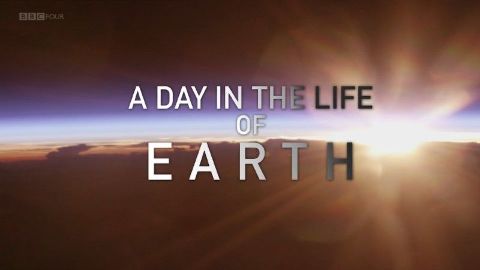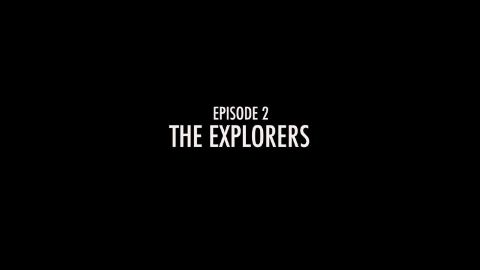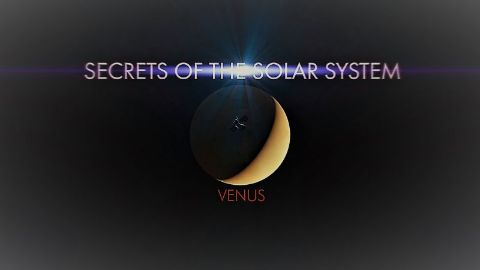Black Hole Hunters • 2019
Astronomer Shep Doeleman and his team are on a mission that will challenge the theories of Albert Einstein and could pave the way to a revolution in physics: to capture the first-ever image of a black hole. To do this, they must link eight multimillion-dollar observatories around the world to a spot 26,000 light years away. It's the equivalent of spotting an orange on the moon, but after 10 years of planning and the combined brainpower of over 200 international scientists, the team feels they're ready to make scientific history.
Make a donation
Buy a brother a hot coffee? Or a cold beer?
Hope you're finding these documentaries fascinating and eye-opening. It's just me, working hard behind the scenes to bring you this enriching content.
Running and maintaining a website like this takes time and resources. That's why I'm reaching out to you. If you appreciate what I do and would like to support my efforts, would you consider "buying me a coffee"?
Donation addresses
BTC: bc1q8ldskxh4x9qnddhcrgcun8rtvddeldm2a07r2v
ETH: 0x5CCAAA1afc5c5D814129d99277dDb5A979672116
With your donation through , you can show your appreciation and help me keep this project going. Every contribution, no matter how small, makes a significant impact. It goes directly towards covering server costs.





